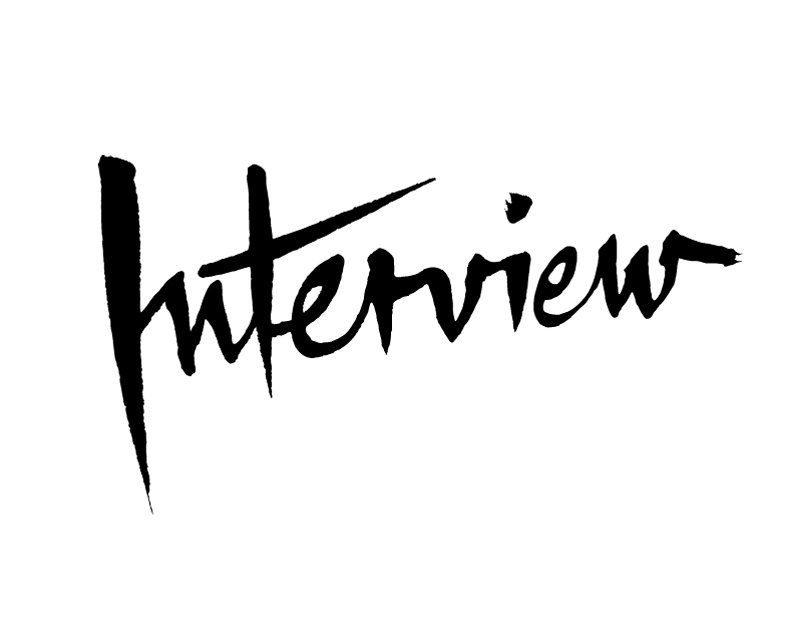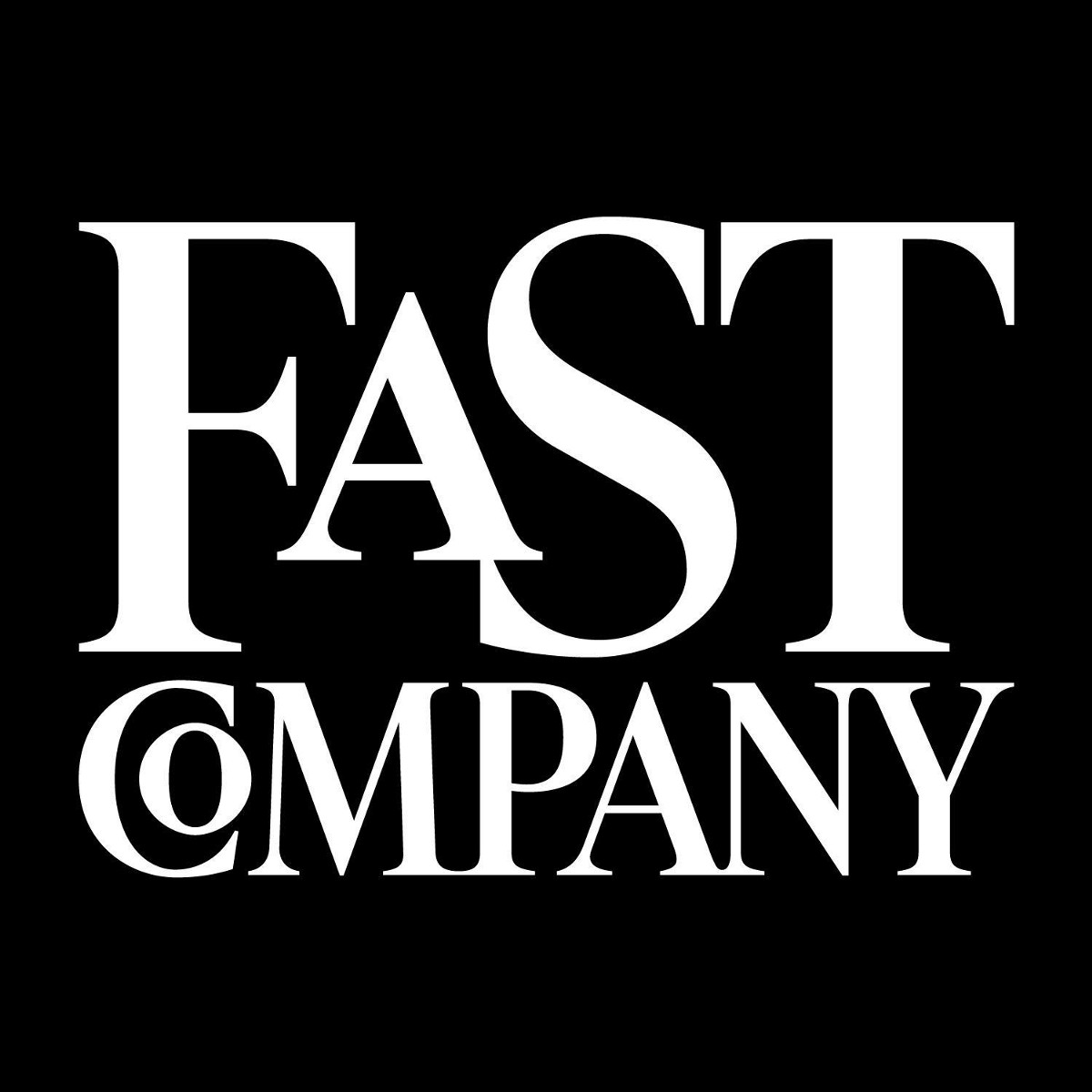
Los Angeles Times: The untold story of how a robot army waged war on COVID-19.
EMILY BAUMGAERTNER
In an old bank building in Brooklyn, N.Y., amateur microbiologists were tinkering with DNA when the anarchist appeared. Then came a robotics expert, coders and other industry revolutionaries. Before long, this collection of inventive, if wildly independent, experimenters would reimagine COVID-19 testing in the fight against a globe-crippling pandemic.

The New Yorker: The Rogue Experimenters
MARGARET TALBOT
The D.I.Y.-bio ecosystem includes a lot of do-gooders, and many of them have been galvanized by the covid-19 crisis. Ellen Jorgensen is a molecular biologist and a founder of GenSpace, the country’s first community lab, which opened in Brooklyn in 2010. She is now a biotech executive, but she continues to believe in the possibilities of D.I.Y. bio.

Science Friday: Out Of The Box Thinking, Out Of The Lab Research
ANDREA CORONA
Ajaykumar came back to New York looking for ways to create safer, biologically friendly dyes. There was one obstacle: As a fashion student, she had never set foot in a lab. But shortly after she found Genspace.

Interview Magazine: Swabbing for Love in a Laboratory of Genetic Attraction
SARAH NECHAMKIN
If you think it’s daunting to walk the streets of New York City on Valentine’s Day as a single person — or ride the subway or venture into a dimly-lit restaurant — then try attending a genetic testing workshop. Particularly one that promises to analyze your genome for compatibility, romance, and “chemistry.”

SciArt Initiative: In The Lab with Tahiya Hossain
SOFIA FORTUNATO
“My current research development is going into more advanced samples of the SCOBY with the incredible help of Genspace and their professional guidance. I no longer have to do in my home (haha!), and am experimenting with color, temperature, and other elements that can enhance this textile to have more functionality wearable garments.”

STAT Opinion: Biohackers are about open-access to science, not DIY pandemics. Stop misrepresenting us
Dan Grushkin
“Yet the truth is that community labs like ours have more to do with science outreach and education than the scary-sounding research mentioned in the article. These labs, also known as biohacker spaces, are community hubs where people from diverse backgrounds and a range of ages meet to learn about biotechnology, work on projects, and share know-how and equipment.”

BRICTV: Biotechnology Lab Provides Access for All
Going In with Brian Vines
“Here, we step into Genspace and meet the variety of citizen scientists who are working on projects ranging from biotech clothing to world-healing mushrooms.”

Proto Podcast: Enter the Citizen Scientist
PROTO STAFF
Given half a chance, non-scientists can also make discoveries that move medicine forward.

Fast Company: Stella McCartney and PETA want students to invent vegan wool
Elizabeth Segran
Stella McCartney is partnering with PETA and investment firm Stray Dog Capital to sponsor the first-ever PETA Prize for Animal-Free Woolprize at the 2018 Biodesign Challenge, an international competition that offers university students the opportunity to envision future applications of biotechnology.

C.O. Design: A Guide To The $13.4 Billion Biodesign Industry
Meg Miller
Biodesign is a quickly growing field, and it will rely on designers as much as scientists. Here’s our guide to what you need to know.

The Village Voice: In Brooklyn, Even Genetic Engineering Has Gone DIY
Zoe Schlanger
“Hacking,” in this case, is shorthand for “bio-hacking”; it’s a kind of half-motto, half–bill of services for Genspace NYC, New York’s first and only DIY biological laboratory.

The Washington Post: How DIY bio-hackers are changing the conversation around genetic engineering
Ellen Jorgensen
At Genspace, we believe the best way to understand biotechnology is to experience it through practice. CRISPR and other yet-to-be discovered genome editing technologies will be at the heart of the transhumanism conversation.

SingularityHub: Why We Should Teach Kids to Code Biology, Not Just Software
Sveta McShane
Over the next several decades we will develop tools that will make biotechnology affordable and accessible to anyone—not just in a university or even biohacking lab—but literally at home.

The Guardian: Gene-trification? Inside the Brooklyn lab where you can splice your own DNA
Olga Oksman
The biohacking movement has created a wealth of options for hobbyist scientists. In Brooklyn, a DIY lab offers a place for the curious to dabble.















